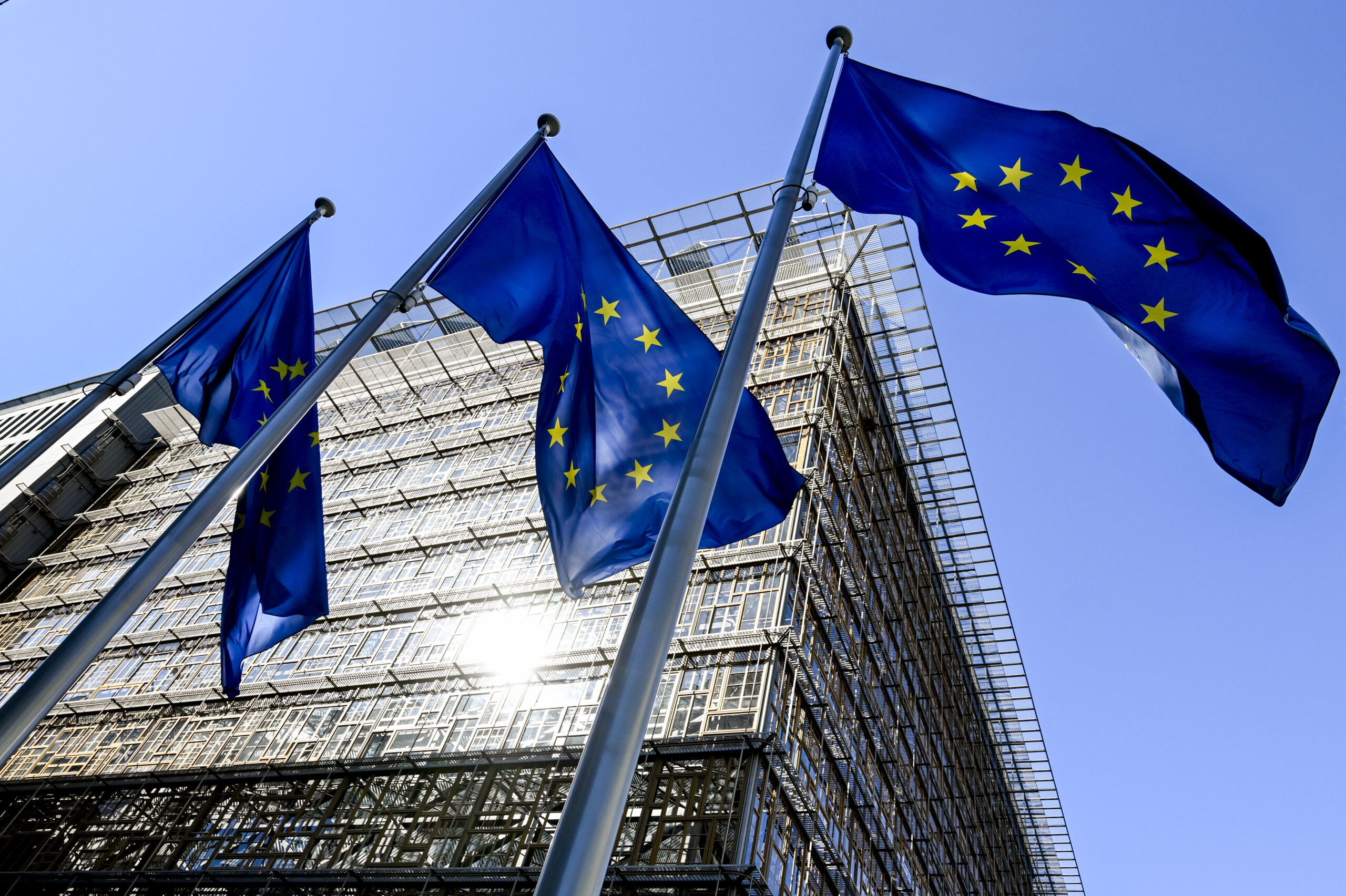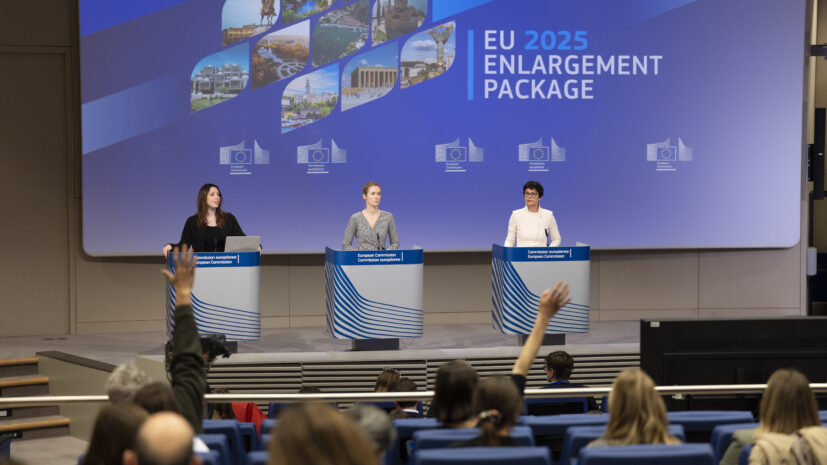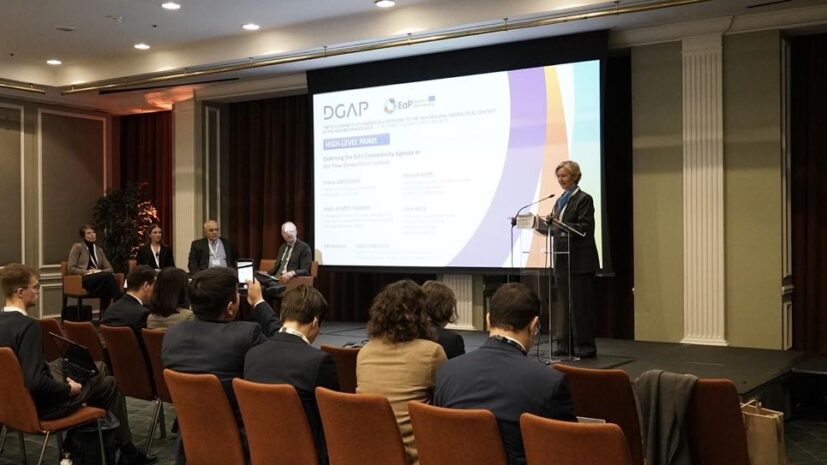EaP Think Tank Network

(c) European Union
Original Content
Input Paper (Armenia): Adapting EU Policy – Enlargement and the Future of EU Neighborhood Policy

The EU’s Eastern Neighborhood in 2026: Key Trends to Follow
“What’s Brewing in the Eastern Neighborhood?” brings timely questions to a panel of experts, sparking dynamic debate and showcasing a range of per...

The New Enlargement Package Sends the Right Message – Now the EU Needs the Backbone to Go Forward
The EU’s new enlargement package puts geopolitics firmly at the centre – and rightly so. Russia’s full-scale invasion of Ukraine jolted enlargement out of...

EU’s Connectivity Agenda. Takeaways from the DGAP High-Level Event
Following the DGAP high-level event organized on December 2 in Brussels Anastasia Pociumban provides an outlook on the event’s key takeaways.
